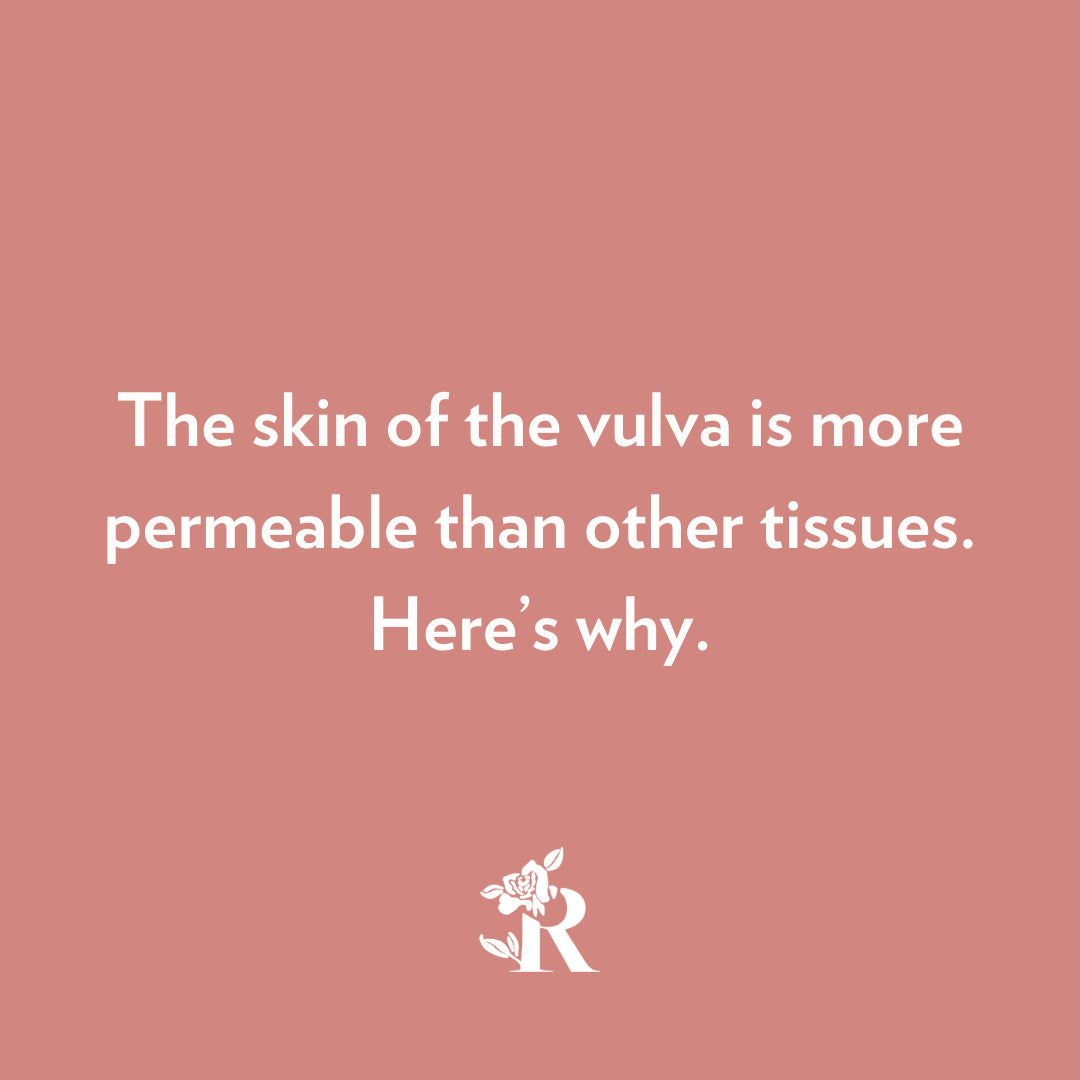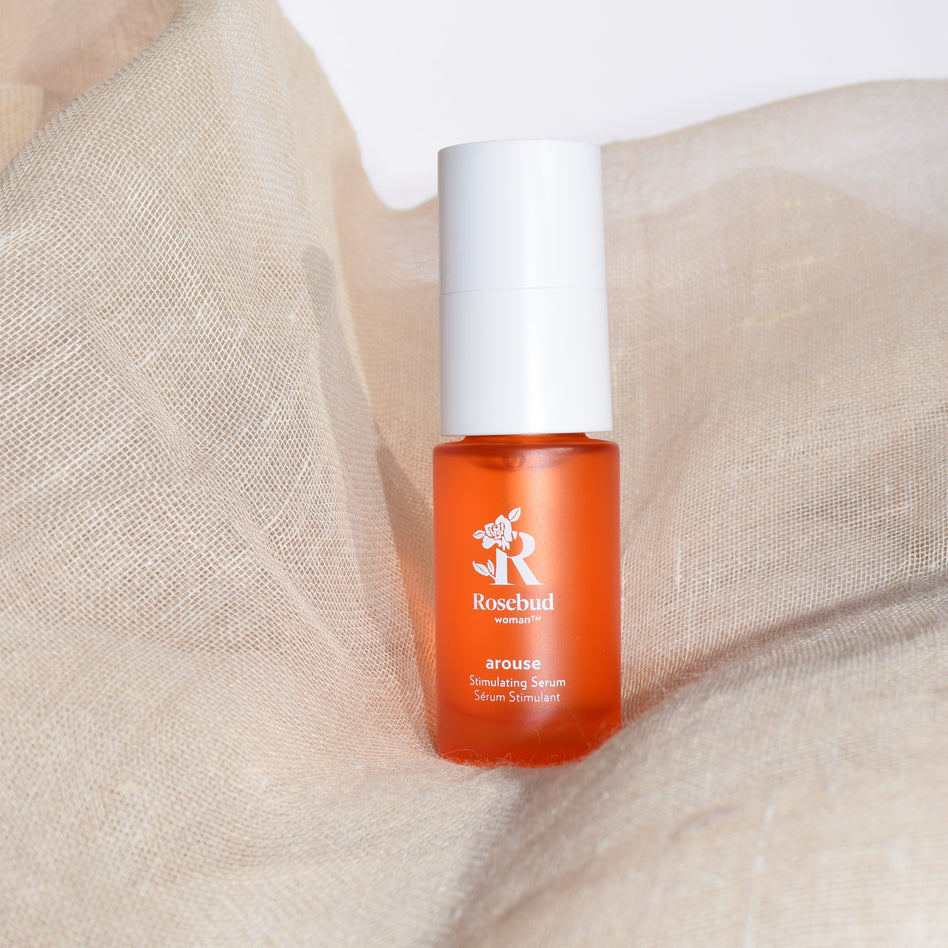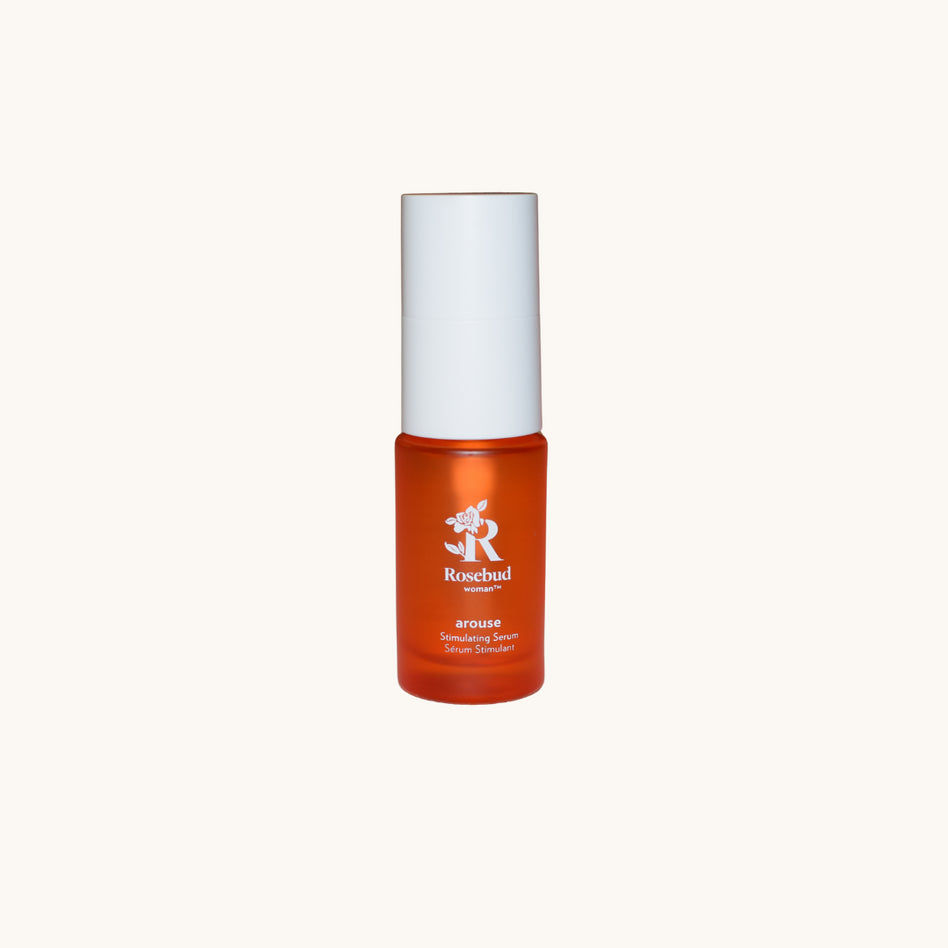The skin of the vulva is more permeable than other tissues. Here’s why.
The skin of the vulva is ten times more permeable than other kinds of skin.
The tissues of the vagina are made up of many layers of distinct epithelium called ‘strata.’ And just like the body’s skin, the vaginal epithelium is differentiated into three layers: a bottom (basal) layer, a middle layer (superbasal), and a top or superficial layer (the stratum corneum or ‘horny layer’). This top layer is made up of of a flattened layer of cells that have filled with a protein called keratin. These topmost “keratinized” cells are what make our skin generally waterproof and resilient. Non-keratinized epithelia are generally more permeable to external substances.
The vulva, just like oral tissue, has different structures and less keratinization that other kinds of skin. The skin of the vulva is ten times more permeable to than keratinized skin.
Where does self-lubrication come from?
The vagina itself usually maintains a certain minimum moisture level of about 1 milliliter of secretions. These come from sources in the follicles, tubes, uterus, cervix, vagina, and Bartholin’s and Skene’s glands. The skin itself has no glands, so there is no mucus secretion. This base-level moisture is usually not enough lubrication for any vaginal penetration to be painless.
Right below the three layers of the epithelium is a layer of connective tissue, filled with many elastic fibers and blood vessels. This layer helps fluid move: it is essentially a pump that helps the epithelium release and re-absorb just the right amount of moisture.
Bringing blood blow to the pelvic bowl, the vagina and the vulva increased overall lubrication and swelling, thanks to this pumping layer.
When blood flow increases in an area, the blood vessels in this layer get swollen, and they apply pressure to squeeze and push more water through the epithelium. This fluid is mixed with cervical mucus, and the combination provides lubrication during sexual arousal and intercourse.
As arousal increases, droplets of this viscous fluid join to form a slippery layer on the vaginal epithelium. Triggered by neural responses during arousal, the blood supply to the vaginal epithelium increases—but veins drain away the blood more slowly, causing engorgement. This enhances the permeability of the tissues even further .
Understanding the sensitivity and permeability of the vaginal skin leads many of us to examine and question the ingredients used in many personal care products, and seek alternate products that are natural and plant-based.
This is why we pay so much attention to the quality of the ingredients in our products: first do no harm, and then be effective. Learn more about our ingredient philosophy.
****

























